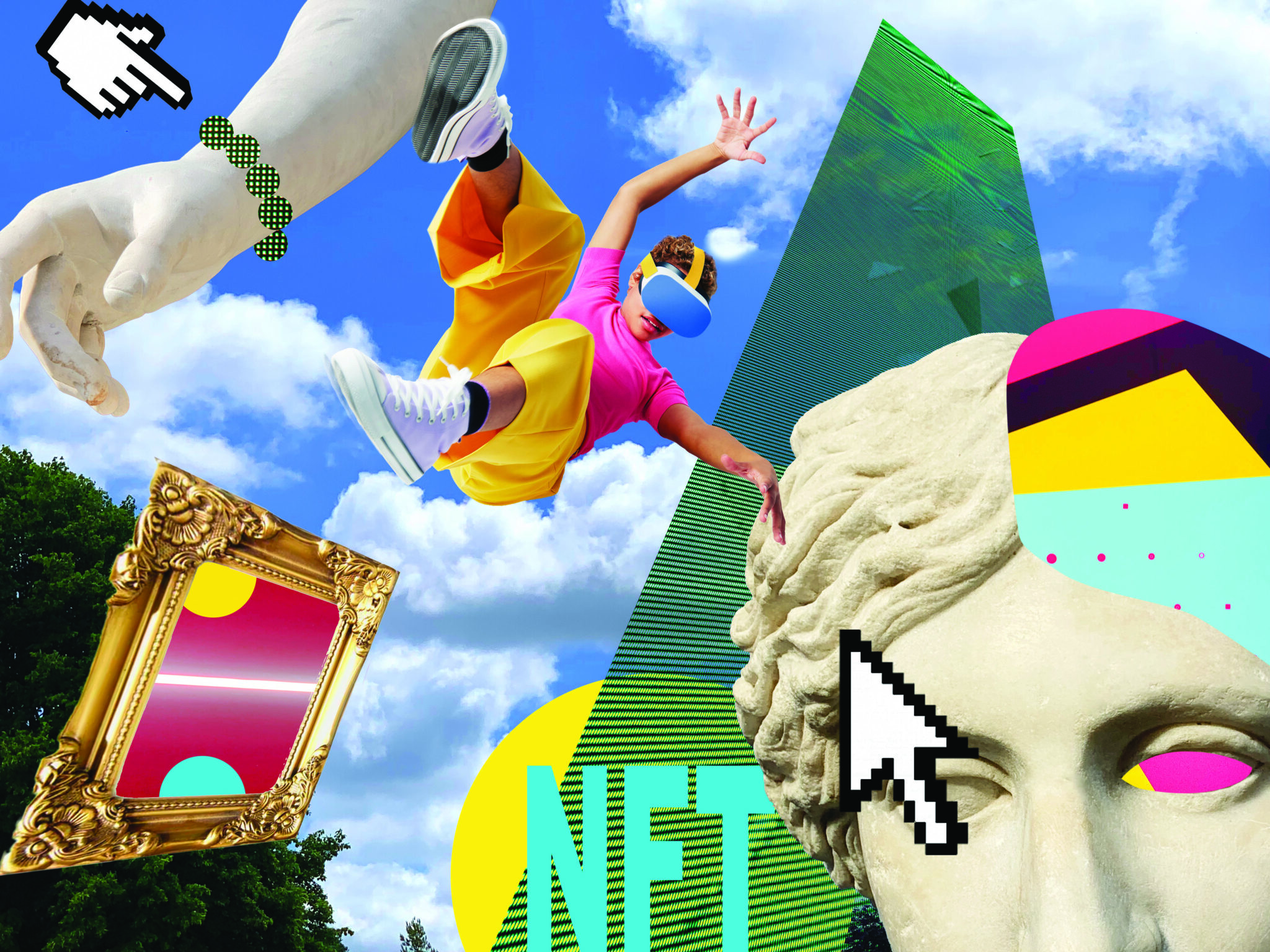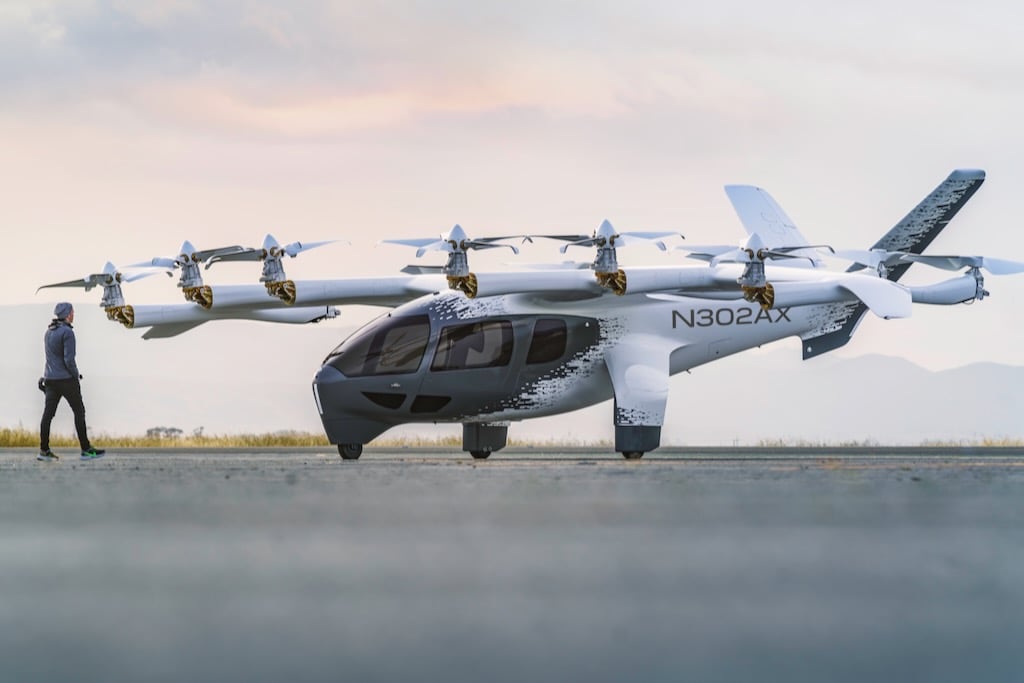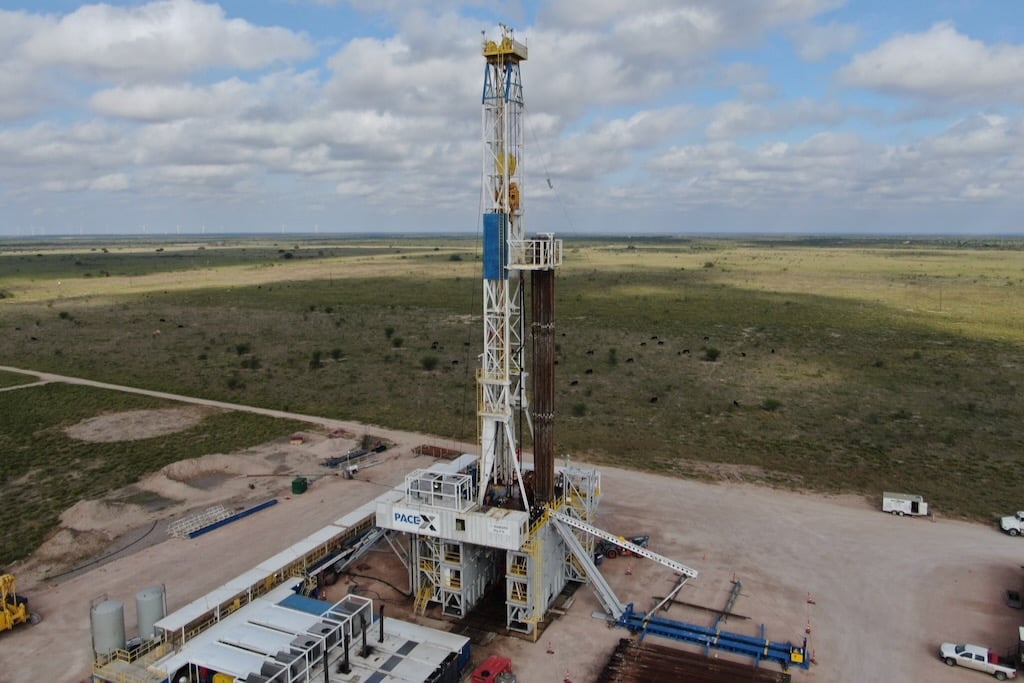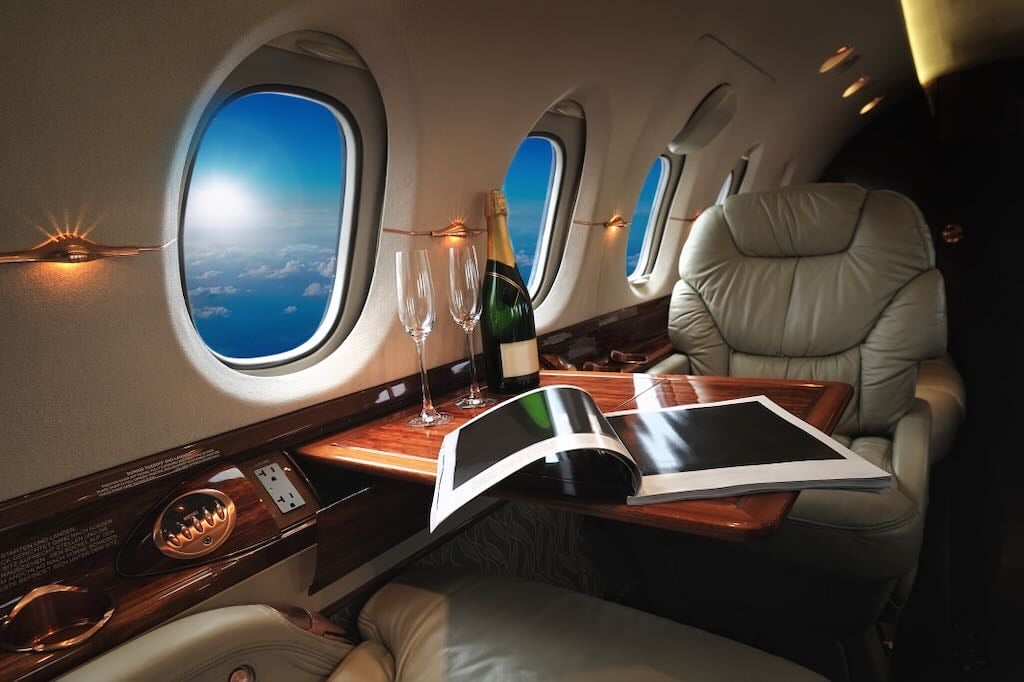During the height of the pandemic, my 92-year-old mother fractured her pelvis. Her already shrunken world became even smaller. Even so, we visited Tokyo, Anne Frank’s house, an opera, and the block where I grew up. We did it all with an Oculus Quest and the magic of virtual travel. Was it perfect? Far from it. Mom felt claustrophobic in her headgear, disoriented in her navigation, and tired after 10 minutes in the virtual world. Nonetheless, it quickly became apparent that virtual reality and the metaverse would significantly impact the world of travel and hospitality.
According to Market Data Forecast, The Global Virtual Tourism market was worth $385.75 billion in 2022 and is expected to grow to over $847.95 billion by 2028. It can take many forms, from traveling to digitally imagined worlds to trekking the Himalayas from your living room couch. Booking, planning, and building like-minded travel communities are all part of the new virtual ecosystem. The pandemic saw a new generation hungry for experiences, armed with round-the-clock connectivity, and fluent in moving between digital and physical worlds come of age. For them, traveling in virtual worlds will be one more choice to add to their travel palette.

Try Before You Buy
Today, the most popular form of virtual tourism is a “try before you buy” model. Available before the pandemic but gaining momentum with new audiences, services like DiscoverLive and Wowzitude both offer 100% live, interactive, and immersive tours. Both companies use cadres of expert tour guides from all over the world. Armed with mobile phones and gimble in hand, these guides walk through the streets of Europe and the temples of India and interact with their audience as they guide.
“We cater to the culturally curious,” says Susan Black, the company’s co-founder, “both those who want to travel but can’t because of immobility or budget issues and those who are shopping for their next destination.”
Both companies use Zoom to spotlight the guide, but the guide can answer an audience question, detour into a local pastry shop, and interview people on the streets. The feeling of “live-ness” is palpable. Initially designed for the aged, differently-abled, or persons with mobility issues, programs like these are now used for everything from celebrating multicultural heritages to corporate meetings and custom events.
“This is not like watching Youtube or a National Geographic documentary, said Tricia Norton, co-founder and CMO of DiscoverLive. “This is live, virtual travel with our tour guides worldwide. You are there with them, experiencing, interacting, and engaging.”
Deeper Immersion
A deeper dive into virtual tourism involves a more immersive experience where you are surrounded by and can self-explore your environment. Sometimes tours like these require VR Headsets, but often they rely on a 360-degree camera view to give you a feeling of the natural world without the cumbersome headset. Meta’s Occulus-driven travel experiences include virtual tours of things like watching Notre Dame get rebuilt. Immersion VR uses a 360-degree immersive capture technique to let you visit locales and take a virtual tour. Sites like Visit Korea create a space for tourist wannabes. Renderverse and Avatour both use VR headsets to walk through everything from real-estate properties to travel destinations.

Travelworld offers a luscious group of VR and 360-degree tours, delivered however you want them: on your mobile device, your browser, or in a 3D environment with a headset. Wearing a headset gives you incredible immersion; you lose all sense of place but the world you’re in.
The 360-degree walkthroughs offer more immediate gratification. Wayaverse, still in beta, uses AI prompts to help you find locations. I prompted Wayaverse to “take me to a quiet place off the Las Vegas strip where I could relax.” It wasn’t perfect, but it’s a start at an AI-created travel experience.
Here’s the rub, says Charlie Fink, a professor and metaverse consultant. “The metaverse is about synchronicity. You want to enjoy it with your friends. For the moment, these immersive travel worlds tend to be a solo experience.” As Fink says, “You do it once, and you’re done.”
The Augmented Alternative
An entirely different, super-practical type of virtual travel surrounds Augmented Reality (AR) because it’s so darn easy. All you need is your phone and you’re in business. In certain locations like New York City, Google Maps can provide added information about a building or site just by holding up your phone and pointing at the object. Niantic’s CEO, John Hanke, has been very vocal about using AR to get you out of your chair and exploring the real world, using AR to provide additional layers of information. The British Museum in London, uses AR to add layers of animations to make you more knowledgeable about what you’re seeing. The City of Philadelphia has an AR-powered walking tour app called “Revolutionary Philadelphia” that takes visitors on a tour of historical sites related to the American Revolution, showing visitors how the city looked during the Revolutionary War, with 3D reconstructions of buildings and characters from the time.
Metaverse Wasteland
In 2020-2022, while we were all home-locked in various states of quarantine, places like Decentraland and The Sandbox were built to be meccas for metaverse travels. The idea of buying a parcel of land, building a hotel or destination in a virtual world, and hanging up your “open shingle” was an enticing experiment. Marriott International launched an ambitious virtual reality travel platform called “VRoom Service” which allows guests to explore exotic locations and hotels from anywhere. Projects that looked big in November 2022, like Millenium Hotel’s lM Social in Decentraland, appear shuttered. Regal Hotels entered The Sandbox to develop an ESG (environmental, social, and governance) themed “green metropolis” with hotels, convention centers, and shopping. The results remain to be seen. The Leven Hotel Group is creating LevenVerse. It’s also non-existent.
Regal Hotels Green Metropolis
Experiments involving the use of purchased NFTs for luxury travel sprang to life. Elite owners of pricey Bored Ape NFTs could enjoy the real-life perks of the Lucky Ape Travel Club. Jeff Bordes, the founder of the club, believes that the NFT will be your ticket to travel destinations and that there will be a link between tokenized economies to real-world experiences.
Designed to be marketing and branding destinations to engage loyal customers, so far these experiments have been expensive busts. Destinations in Sandbox and Decentraland look like ghost towns where you are the only avatar hanging around, the graphics seem rudimentary, and there’s nothing much to do but wander aimlessly.
Plus, getting into these worlds is daunting. Onboarding requires having a cryptocurrency-filled wallet and good metaverse navigational skills. These cartoonish avatars lands fare better in sporting, concert, and business meeting events, especially in places like Fortnite and Roblox, where gamers are plentiful, but travelers are not yet showing up.
Turning Virtual Travel into Real Dollars
Marketers see the value in virtual travel to convert into real-like bookings. In Spain, the NH group offers 3D walkthroughs of all of its locations. Revfine, a site for the tourism industry, details how all the advanced technologies inspire travelers to “make it real.” Hotels are revamping their old sites, replacing them with immersive walkthroughs. Event planners, who often had to travel from city to city to scout for locations, are heading to virtual worlds more often, said Natasha Richards, Head of Industry Advocacy at Imex, a destination travel event. Matterport, a creator of virtual tours, reports a 14% increase in bookings when a virtual walkthrough is available.
Emirates, Singapore Airlines, Lufthansa, Qatar Airways, and Qantas are investing millions of dollars in metaverse experiences. Airlines in the metaverse will offer loyalty points to customers who visit their digital space and access various facilities. As points accumulate, so do upgrades and free flights.
Fantasy Travel
Since the metaverse is comprised of digital bits and has laws of its own, travel does not have to be based on the real world at all. Gravity doesn’t exist. The ocean can be on the ceiling. You can walk through the painting and touch the paint. Jounee’s projects include a visit to the celestial world products in partnership with H&M. Roblox offers a travel simulator created by an entrepreneurial gamer, and a popular game lets you time travel in search of artifacts. Dressing your avatar and escaping into a fantasy destination will appeal to some travelers in search of a quick travel fix.
Digital Twins
Finally, a concept called Digital Twins, faithfully recreating the real world into virtual ones, can make the drudgery of travel better. Things like obtaining a visa and finding out about transportation become more seamless. Hykoomi, a project of the Qatar Government, put a number of services, including tourism, into the metaverse. Singapore’s ambitious project is cloning the entire country using a mixture of AI, and photorealistic renditions. Metaverse Seoul is opening its doors to long-term play where a digital twin facilitates everything from playing games to paying taxes.
Let the great travel experiment spin! For now, virtual tourism is changing the relationship between businesses and their customers, offering new experiences. Down the road, virtual travel will serve you in many ways, from an escapist flight into the metaverse to booking that reservation and finding your next bucket list destination.













